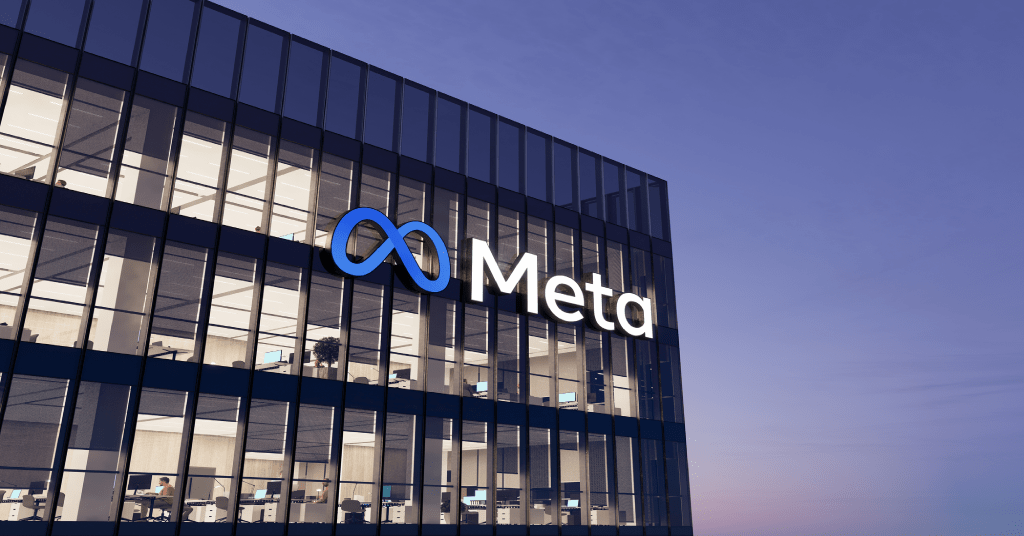Meta’s recent hiring decision has sent shockwaves across the tech and talent landscape. Reports reveal that the company is spending a staggering Rs 2,400 crore (approx. $290 million) on just two top-tier AI engineers—a move that highlights the intensifying global race for artificial intelligence dominance.
Why Such Massive Salaries?
Meta’s decision reflects more than just competitive pay—it signals the strategic importance of AI talent in shaping the future of its platforms. As companies like OpenAI, Google DeepMind, and Anthropic race to create smarter, faster, and more human-like models, top AI researchers and engineers have become tech’s most sought-after asset.
These high-value hires are expected to lead innovation in generative AI, personalized algorithms, and potentially Meta’s own AGI (Artificial General Intelligence) ambitions. The company is reportedly investing billions into supercomputers, data centers, and now—elite human capital.
The Bigger Picture: AI as a Talent Game
Meta’s massive payout aligns with an ongoing trend where AI engineers are treated like superstar athletes—commanding salaries, stock options, and resources once reserved for CEOs.
It also sheds light on the tech industry’s shift:
- Product is driven by AI
- Value is created by data + talent
- Speed to innovate is everything
With startups and big tech alike battling for limited AI talent, these salary figures may soon become the norm rather than the exception.
What It Means for the Industry
- Talent Wars Will Intensify:
Expect more poaching, early hiring from top universities, and retention battles across major players. - India’s Role Will Grow:
With Indian-origin engineers already leading teams at OpenAI, Google, and Meta, the spotlight is now on India as an AI talent hub. Expect upskilling programs, research initiatives, and bigger compensation packages. - Startup Funding to Shift:
Investors will likely funnel capital not just into product ideas but into teams that can attract and retain AI builders.
Bottom Line:
Meta’s Rs 2,400 crore investment in two AI minds isn’t just about hiring—it’s a clear message that the future of tech will be built by those who can teach machines to think. And the price of that future is rising fast.


